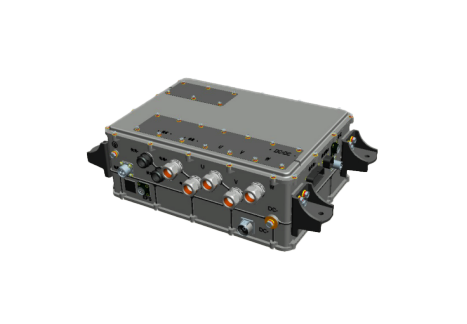
When it comes to choosing between microinverters and string inverters for solar energy systems, there are several factors to consider. Both types of inverters have their own advantages and disadvantages, so it ultimately depends on your specific needs and preferences.
Microinverters are generally considered to be better in certain situations compared to string inverters. Here are some reasons why microinverters may be a better option:
1. Individual panel optimization: Microinverters are typically installed on each individual solar panel, allowing for optimization of each panel's performance. This means that shading or malfunctions in one panel will not affect the output of the entire system, as is the case with string inverters.
2. Monitoring capabilities: Microinverters often come with advanced monitoring capabilities, allowing you to track the performance of each panel in real-time. This can help you identify any issues quickly and efficiently, leading to better system maintenance and overall performance.
3. Greater design flexibility: Microinverters offer greater design flexibility as they can be installed on panels facing different directions or with varying shading conditions. This can result in a more efficient and effective solar energy system.
4. Scalability: Microinverters are easier to scale up or expand, as you can simply add more microinverters to accommodate additional panels. This can be beneficial for homeowners looking to increase the size of their solar energy system in the future.
While microinverters have their advantages, there are also some drawbacks to consider:
1. Higher upfront cost: Microinverters are typically more expensive than string inverters, which can increase the initial cost of installing a solar energy system. However, the benefits of microinverters may outweigh the higher upfront cost in the long run.
2. Maintenance: While microinverters offer individual panel optimization, this also means that there are more components to maintain and potentially more points of failure. This may result in higher maintenance costs over time compared to string inverters.
3. Compatibility: Some solar panel manufacturers may not support microinverters, so it's important to ensure compatibility before choosing this type of inverter for your system.
On the other hand, string inverters have their own set of advantages and disadvantages. String inverters are typically more cost-effective than microinverters, making them a popular choice for smaller solar energy systems. They are also relatively simple to install and maintain, which can be appealing to homeowners looking for a straightforward solution.
However, string inverters do have some limitations compared to microinverters. For example, shading or malfunctions in one panel can significantly impact the output of the entire string, leading to decreased performance. String inverters also lack the individual panel optimization and monitoring capabilities offered by microinverters.
In conclusion, the decision between microinverters and string inverters ultimately depends on your specific needs and preferences. If you prioritize individual panel optimization, advanced monitoring capabilities, and design flexibility, then microinverters may be the better option for you. However, if cost-effectiveness and simplicity are more important to you, then string inverters may be the way to go. Ultimately, both types of inverters have their own benefits and drawbacks, so it's important to carefully consider your priorities and make an informed decision based on your unique circumstances.
ПРОДУКТ
№ 69, Современный предпринимательский центр, улица Чжанбали, Зона высоких технологий, район Яньта, город Сиань
186-9186-8655
baishidong@advance-xa.com
Авторские права
Комментарий
(0)